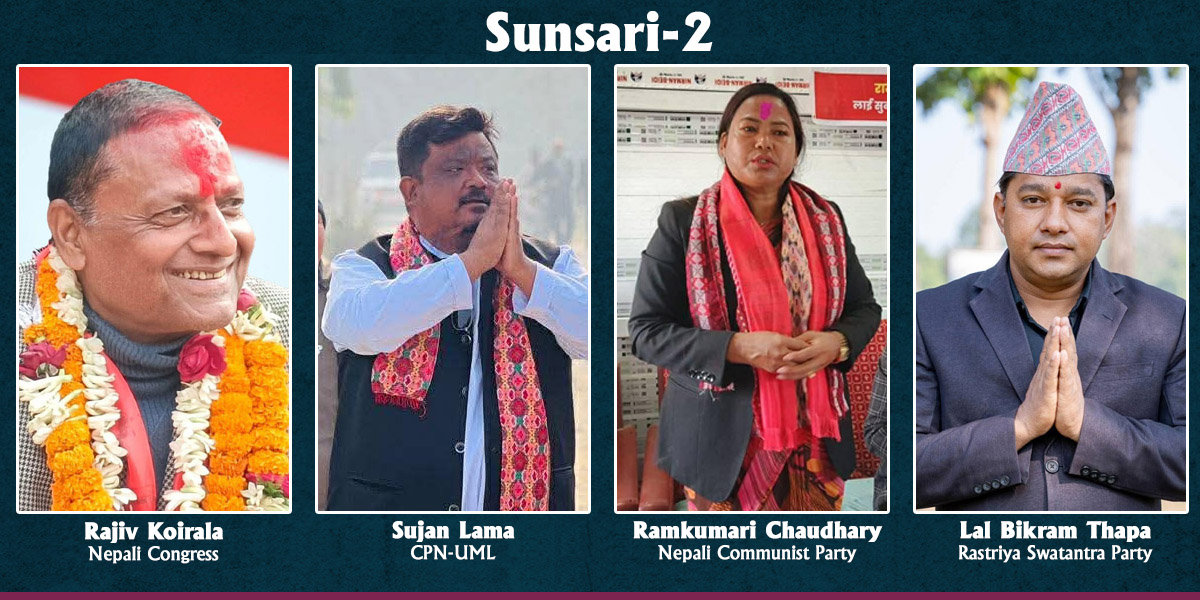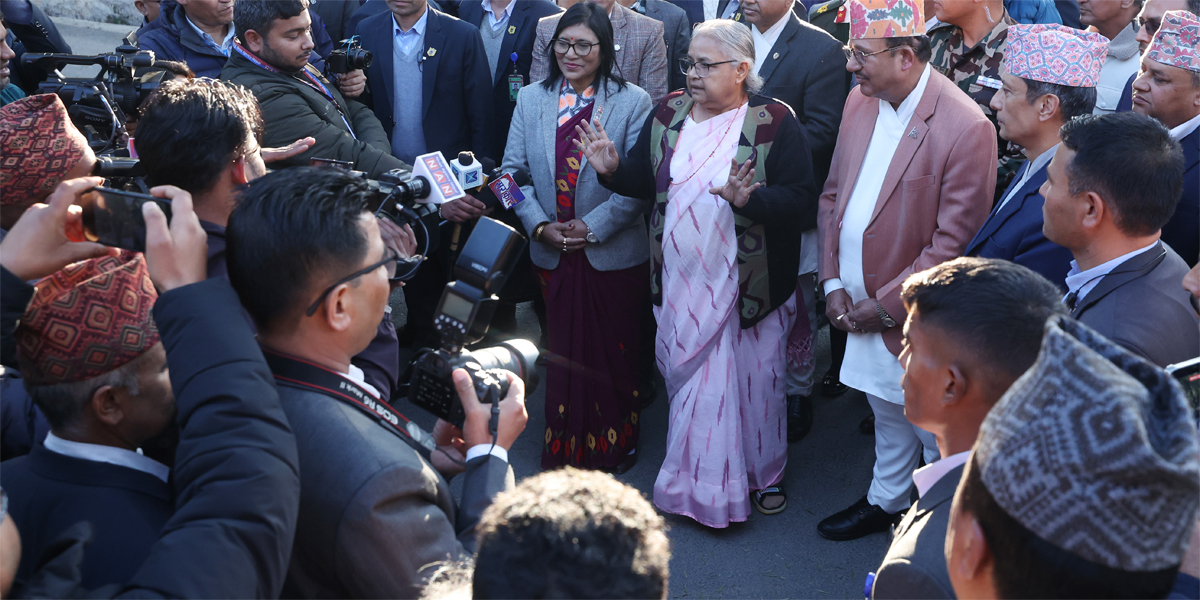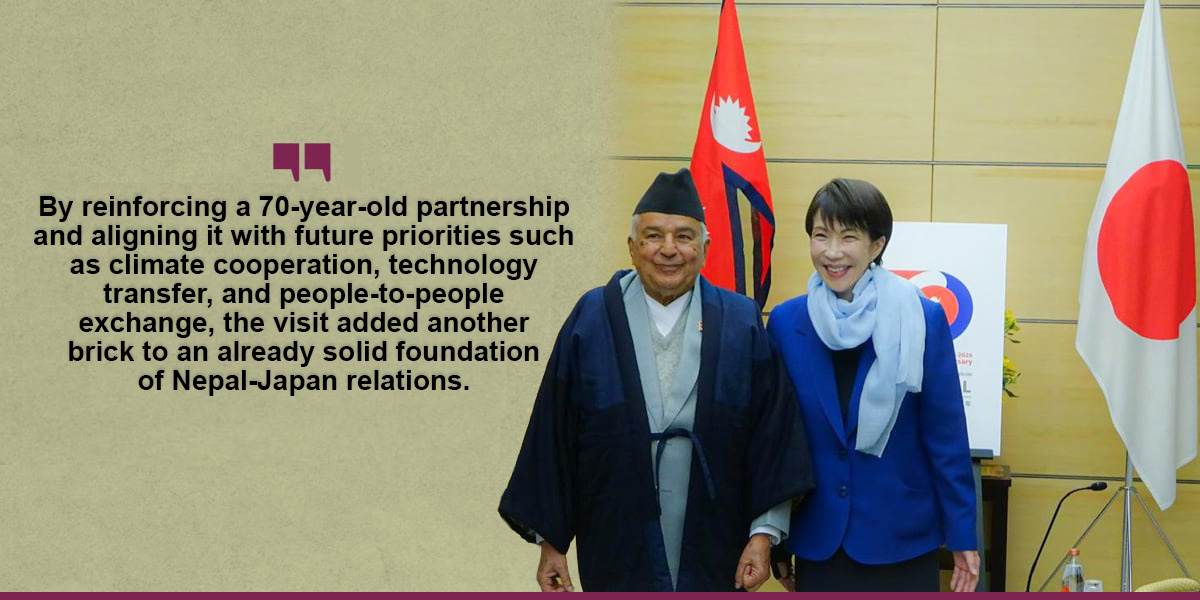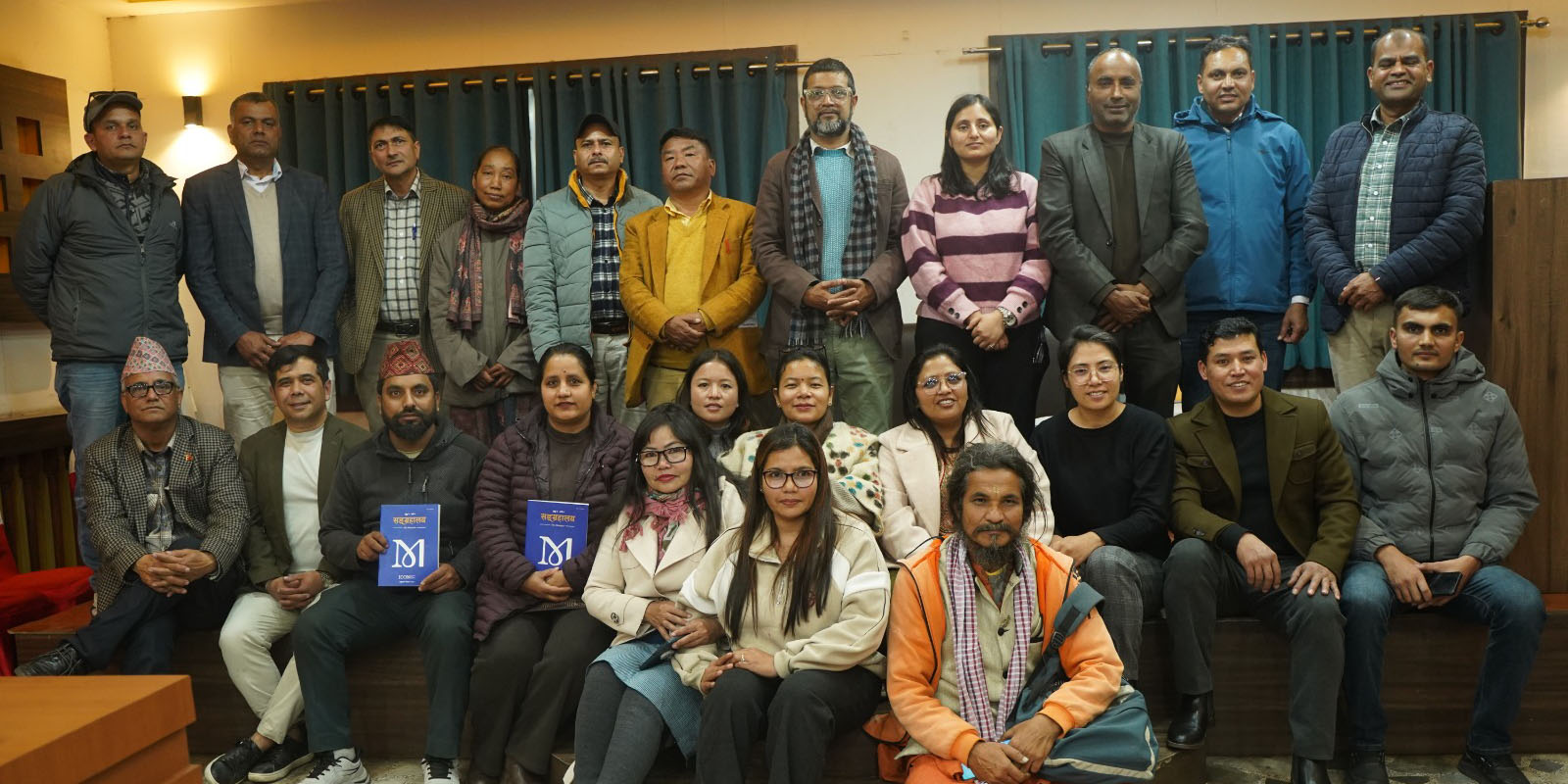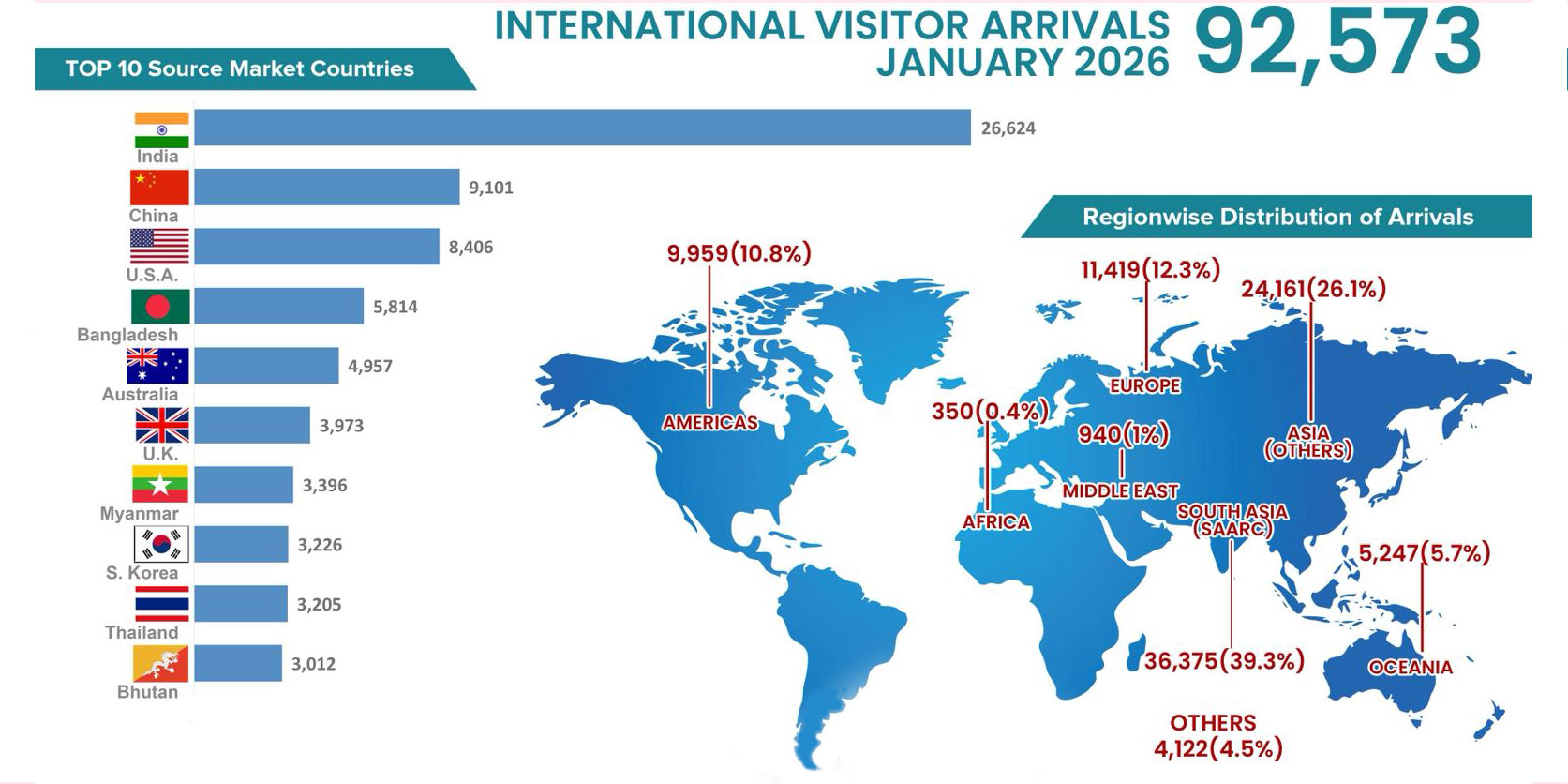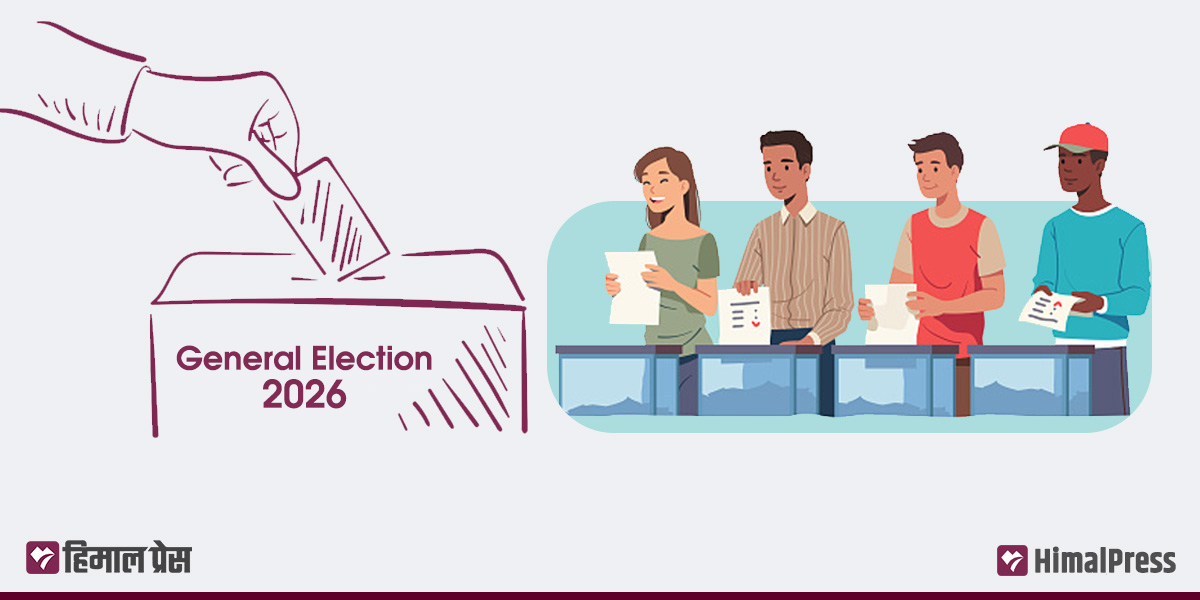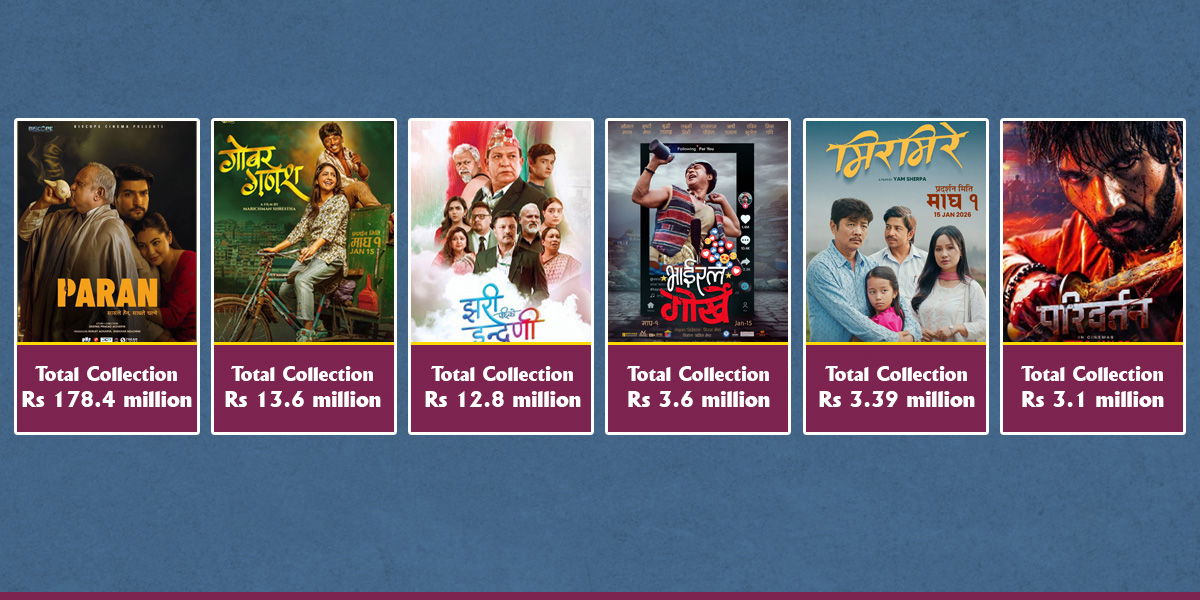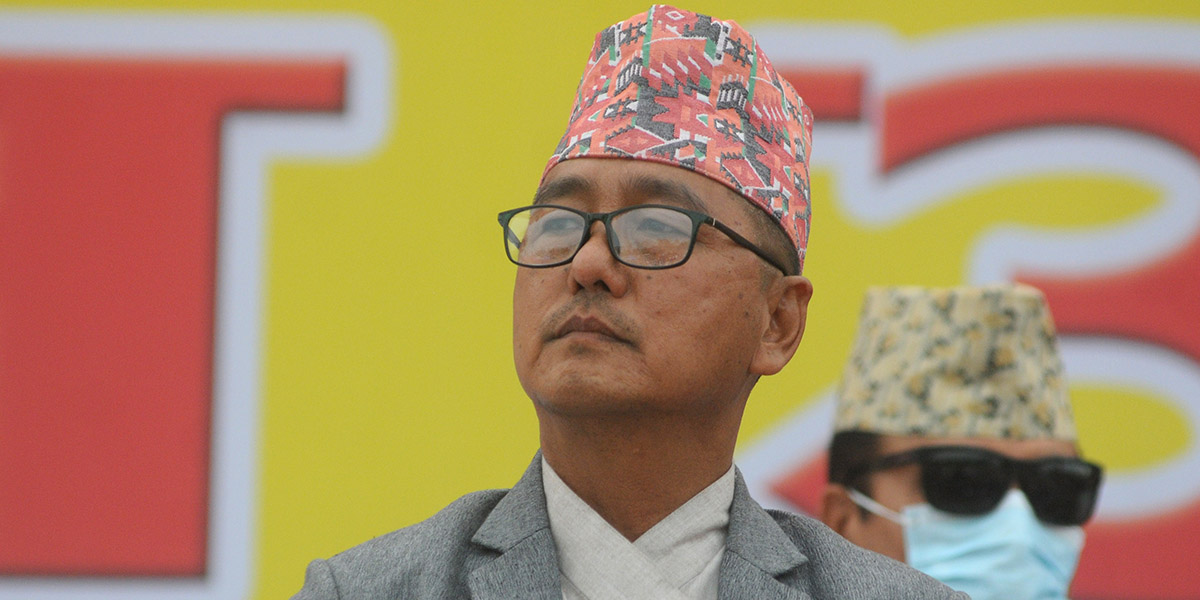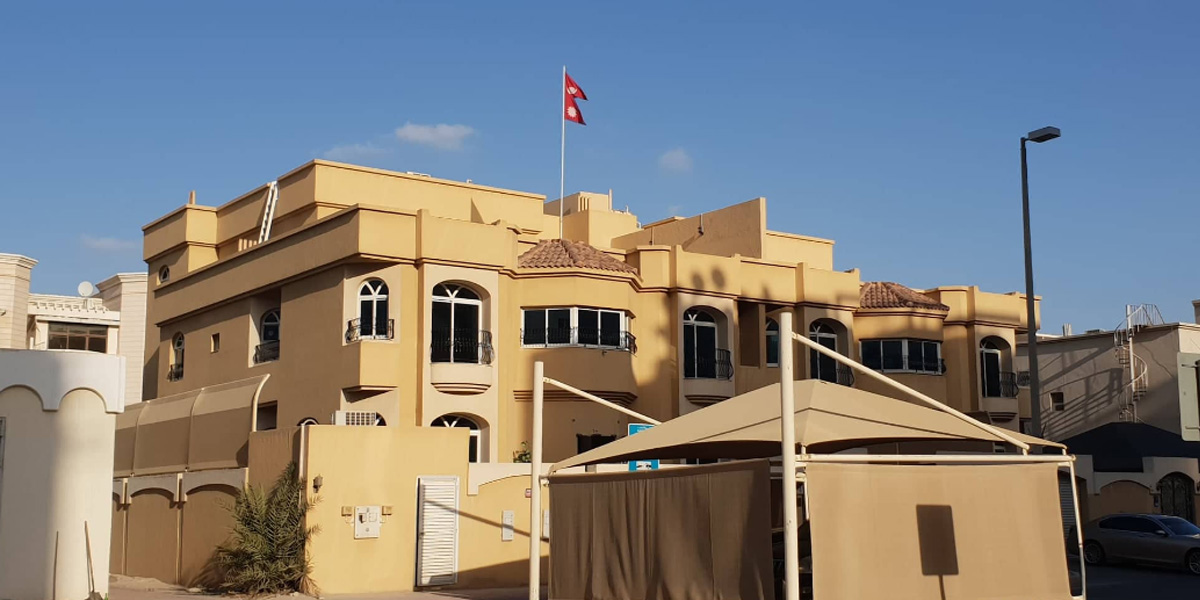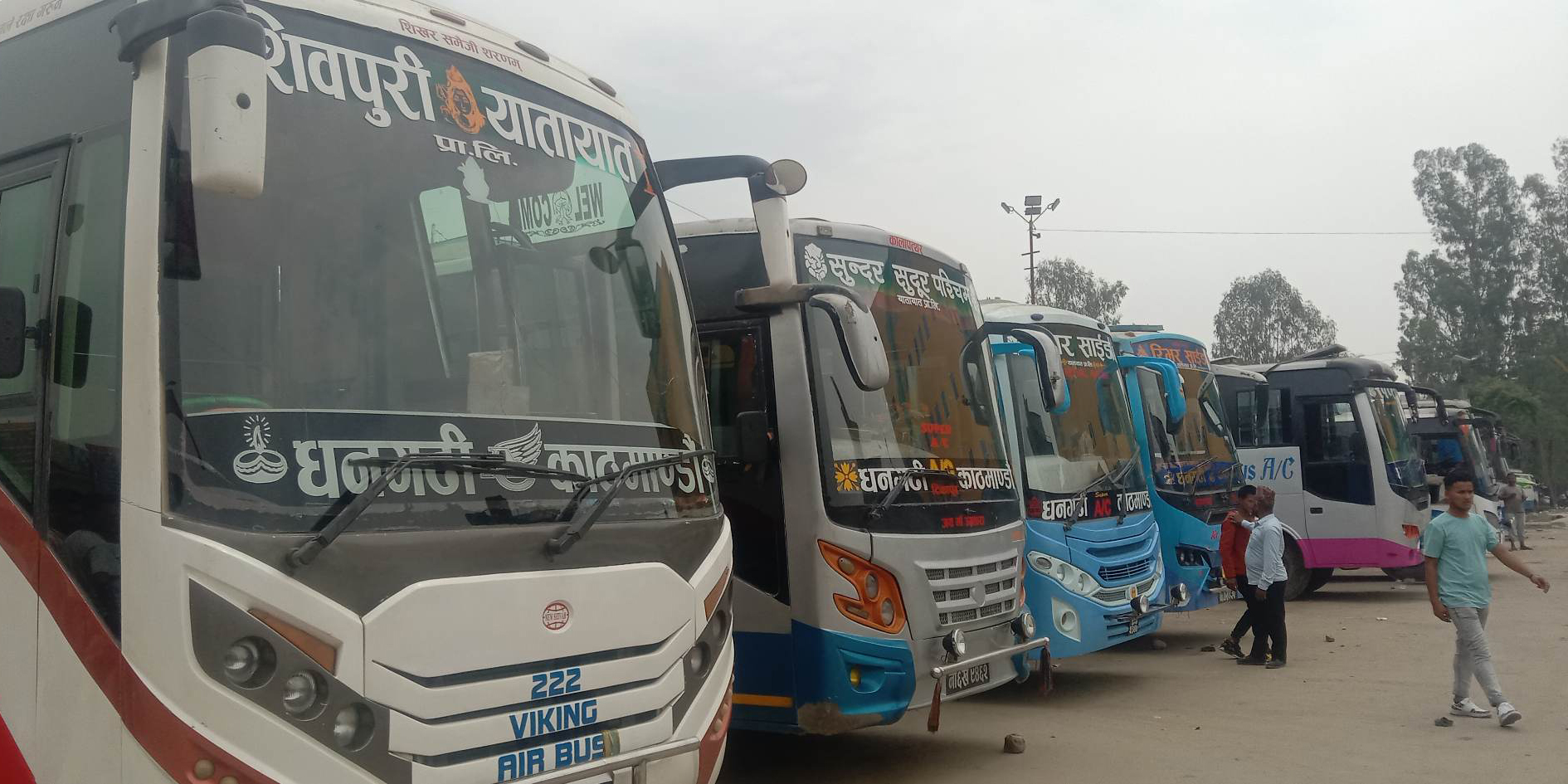
KATHMANDU: Rapti Transport Bus Entrepreneurs Committee held a monopoly on transportation services in Dang until the Ganga Transportation Committee began operations in 2010. Conflict arose between the transport workers of the two committees, with buses being attacked and even set on fire repeatedly. Officials of the committees would often engage in heated exchanges as well. To ensure a monopoly on transport services, the two committees eventually decided to merge and formed the Rapti Public Bus Entrepreneurs Committee. The merged entity enjoyed a monopoly on transportation services until 2018 when the government declared transport syndicates illegal.
This is just an example of the atrocities of transport syndicates that had a negative impact on transportation services until five years ago. These syndicates denied people quality services and prevented new businessmen from entering the market. The government only registered buses on the recommendation of transporters’ committees, giving these cartels a significant amount of power.
These transport cartels had been affecting public transportation for many decades until the government finally declared them illegal. This decision helped to break up the monopoly of transport syndicates and allowed for fair competition in the industry.
Following the government’s decision to declare transport syndicates illegal, Dang district now has 27 committees of transport entrepreneurs. Anybody can start a public transportation service by registering a company, and the recommendation of a transporters’ committee is no longer required.
Efforts to end transport cartels had been ongoing for a long time. On December 16, 2016, the Supreme Court issued a mandamus order to the government to put an end to public transport syndicates. This order compelled the government to take strict action against such cartels. Ultimately, the government’s decision to declare transport cartels illegal has had a positive impact on the transportation industry, allowing for fair competition and better services for the public.
According to government officials, the registration of public motor vehicles under the company registration act has been a significant relief. Ishwari Dutta Paneru, the spokesperson for the Department of Transport Management, stated that the quality of public transport services has improved since transport syndicates were declared illegal.
This has encouraged investors to put their money into the transportation business, and as a result, there has been a significant increase in the number of registered buses and microbuses. In the fiscal year 2016/17, after the government declared transport syndicates illegal, 2,354 buses and 1,431 microbuses were registered according to the department’s records. This increase in registration shows that the end of transport cartels has had a positive impact on the transportation industry, both for the public and for investors.
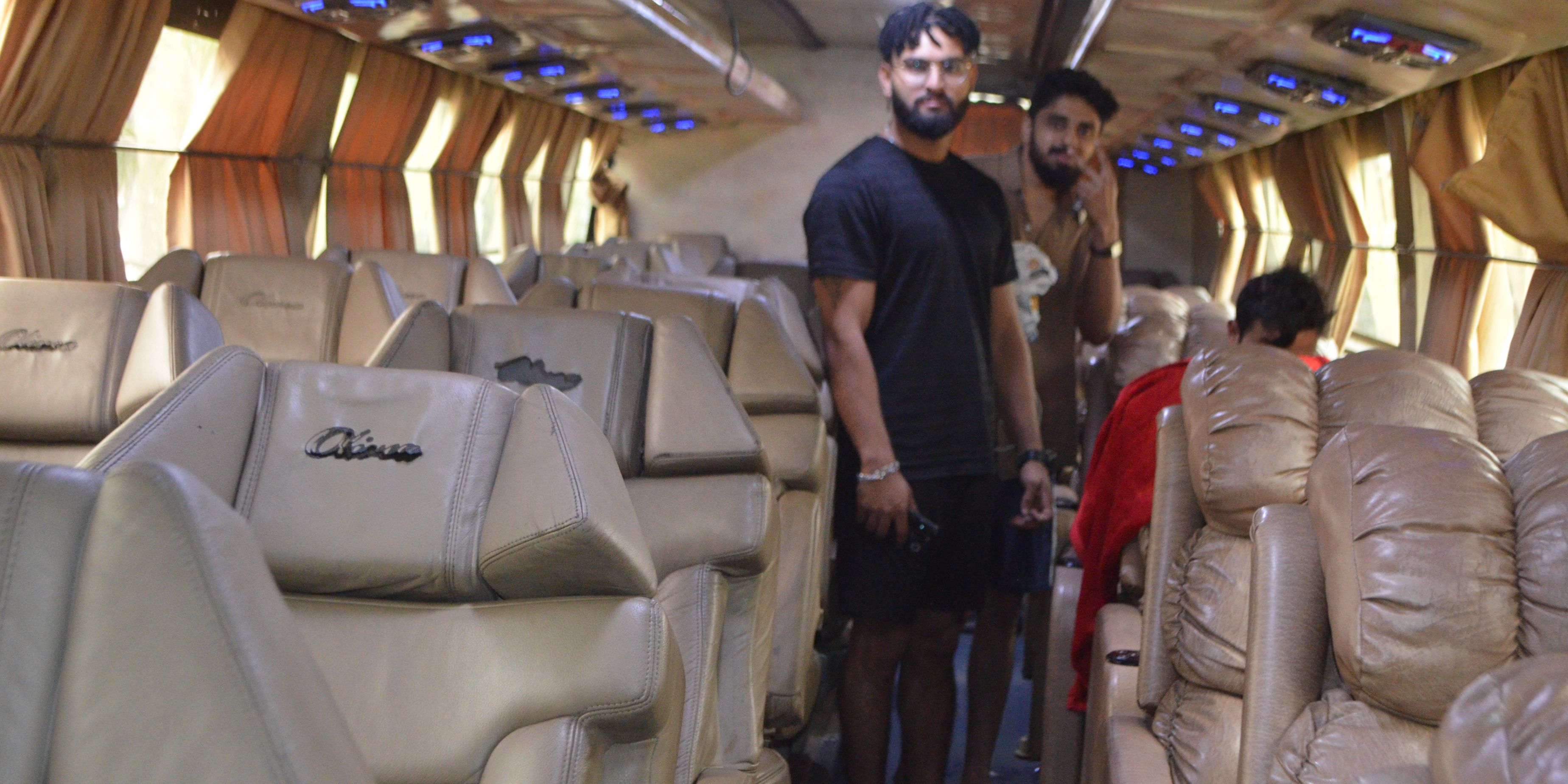
One of the reasons behind the easy availability of comfortable vehicles from and to Kathmandu is the end of transport syndicates. More vehicles and companies have entered into the public transportation business. This has given new options to people, added Paneru. “It wasn’t easy for new entrepreneurs to enter the transport business because of the monopoly of the old players,” Bhatta said. “Now, there are new business people who have brought comfortable vehicles. This has benefited passengers a lot.”
Paneru claimed that public transport services have reached different places. “Competition among transport entrepreneurs has also made fares uniform,” he added.
Many transport entrepreneurs have introduced an online ticket booking system. Through the ‘bussewa’ portal, one can buy tickets to more than 70 destinations online. This has eliminated the need to wait in queues for bus tickets during important festivals like Dashain and Tihar.
In addition to online booking, buses with modern amenities have been put into service. For example, tourist buses to Pokhara now have toilets, and sleeper buses are being operated on some routes. These modern amenities have greatly improved the quality of public transportation services and made travel more comfortable for passengers.
Passengers used to face misbehavior from the driver and co-driver on certain routes dominated by transport syndicates. However, with the end of syndicates, the behavior of transport workers has improved significantly, according to passengers.
Yogendra Karmacharya, the former president of the Federation of Nepalese National Transport Entrepreneurs, acknowledged that the situation has improved somewhat since the abolition of syndicates. He added that the transportation sector needs to be better managed and urged the government to bring in the Transport Operations Work Procedure soon. Karmacharya believes that the sector will not look organized until these procedures are implemented.
Yogendra Karmacharya also emphasized the need to introduce a separate law to govern the transportation business. He pointed out that working under the existing Company Act could be difficult for transport businesses, and therefore, the government should either introduce a new law or create procedures specific to the transport sector.
According to Karmacharya, the provision to register transport businesses under the Company Act was a temporary one, and a separate law is required to govern the transportation sector effectively.


